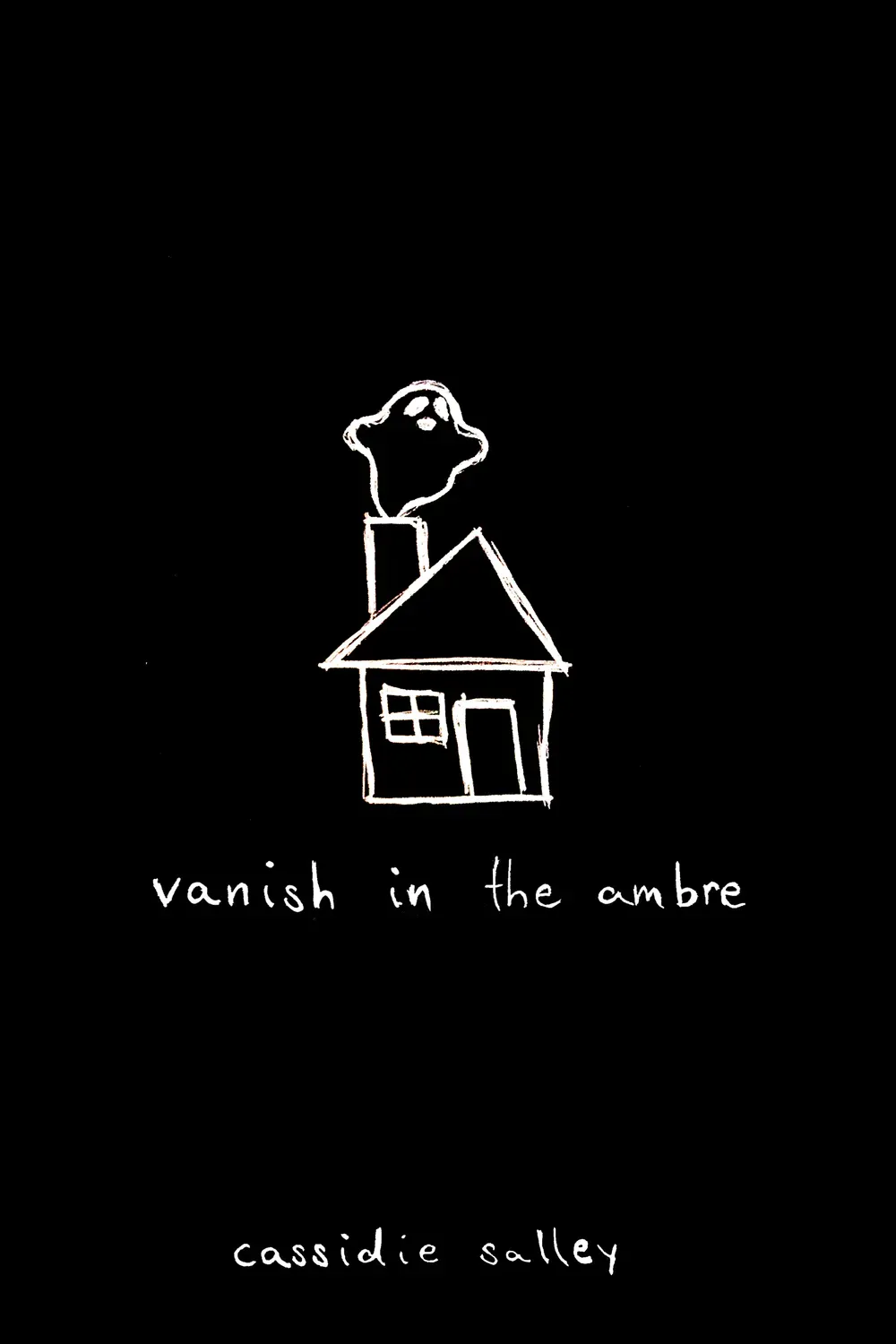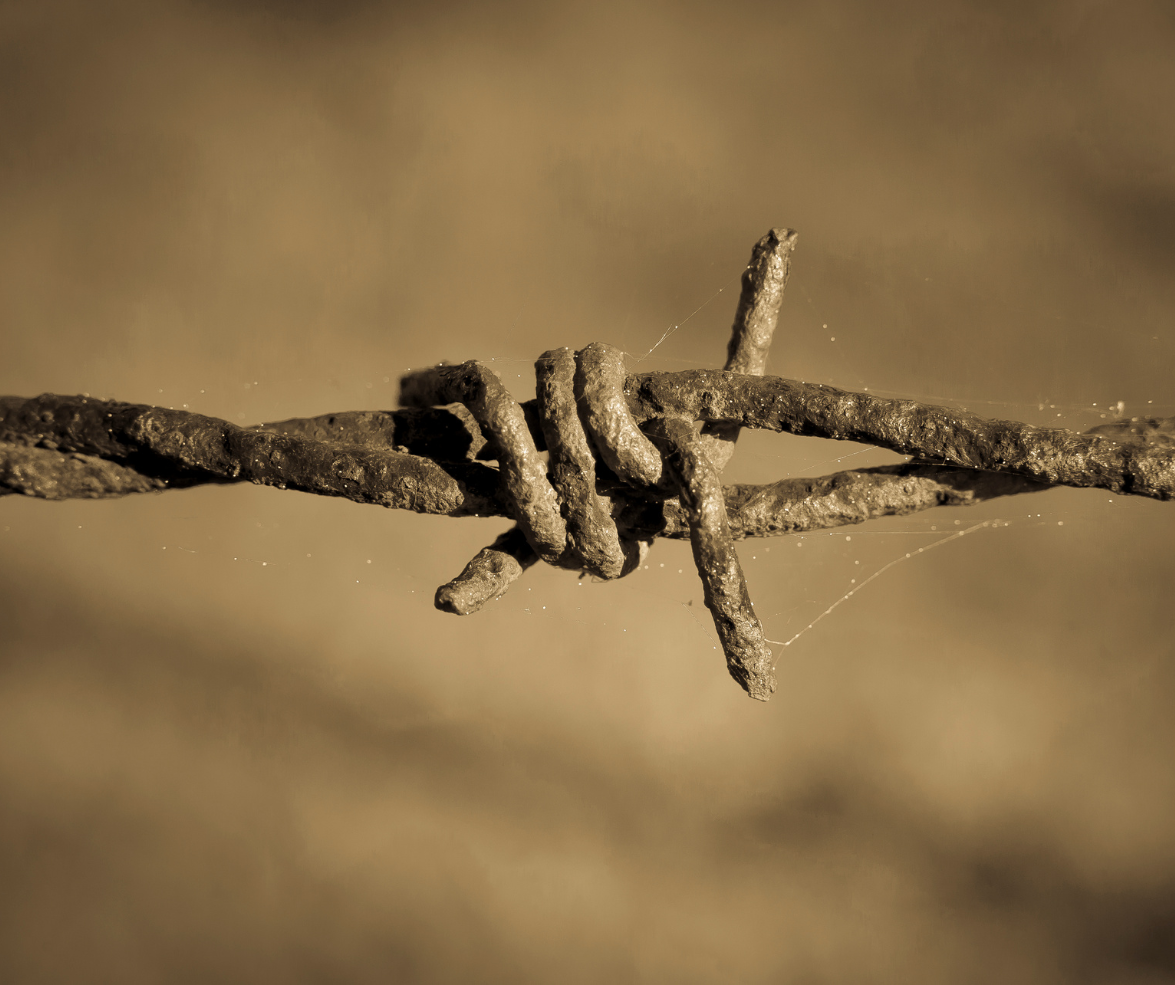Talking about mental health can still feel hard. That’s because stigma, the judgment or shame people feel or face for having mental health struggles, is still very real. According to recent mental health stigma statistics from NAMI, more than half of U.S. adults with a mental illness don’t receive treatment. One reason? Fear of being judged.
Books can help change that. They open doors to understanding. They help us see each other more clearly. They remind us we’re not alone.
At Lioness Books, we believe in the power of stories. We support diverse voices and care deeply about community wellness. This list is for anyone ready to learn, reflect, and join the movement to break the silence around mental health, because together, we can make a difference.
Why Is Mental Health Still Stigmatized?
Even though we talk about mental health more today than ever before, stigma still lingers. But why?
Much of the stigma stems from fear and a lack of understanding. For years, mental illness was hidden or treated as shameful. In movies and news, people with mental health issues are often depicted as violent, weak, or unstable. These portrayals still shape public perception.
Cultural beliefs matter too. In some families or communities, emotional struggles are seen as personal failures or problems to “get over.” This fosters silence and shame.
The truth is, mental health is just as real and important as physical health. Stigma only adds to the pain people are already carrying. That’s why breaking it matters.
Examples of Mental Health Stigma
Mental health stigma can show up in small, everyday moments. Sometimes, it sounds like:
- “Just tough it out.”
- “You don’t look depressed.”
- “People with anxiety are just overreacting.”
Stigma can also arise at work, where someone may avoid helping out of fear they’ll seem unreliable. In schools, students struggling with focus or emotional issues are often labeled as lazy instead of being supported.
Even within families, someone may stay quiet about how they feel because they worry they’ll be judged or not believed. This kind of silence can make people feel even more alone.
10 Must-Read Books by Local Authors That Destigmatize Mental Health
Stories deepen our understanding of others’ feelings. They remind us we aren’t alone. Each book offers a distinct voice and experience, but all aim to create space for healing through honesty, empathy, and connection.
Here are 10 powerful books that help break the stigma and invite us to listen, reflect, and heal.
1. "Maybe You Should Talk to Someone" by Lori Gottlieb
Through stories of her therapy clients and her own experience, Lori Gottlieb shows that even therapists need help sometimes. It’s an honest, often funny, and deeply human look at how people grow through pain, loss, and change.
2. "The Noonday Demon: An Atlas of Depression" by Andrew Solomon
Andrew Solomon blends personal experience with research and interviews to explore the many sides of depression: medical, social, and cultural. He travels across countries, meets with scientists and survivors, and reflects on his own journey with mental illness.
3. "It’s OK That You’re Not OK" by Megan Devine
Megan Devine writes from her own loss to explain why grief isn’t something to “fix.” She speaks to those living with loss and those who want to help, without offering quick solutions or false hope.
4. "The Body Keeps the Score" by Bessel van der Kolk, M.D.
Dr. Bessel van der Kolk uses decades of research to explain how trauma lives in the body and mind. He shares stories from survivors and offers science-backed ways to support healing. It helps readers understand why recovery looks different for everyone, and why we must treat trauma with care.
5. "Reasons to Stay Alive" by Matt Haig
Matt Haig shares what it felt like to live through a deep depression and anxiety, and what helped him keep going. By putting real words to an often hidden experience, this book helps reduce the shame that can surround mental illness and reminds readers that they are not the only ones feeling this way.
6. "An Unquiet Mind" by Kay Redfield Jamison
As a clinical psychologist living with bipolar disorder, Kay Redfield Jamison writes with rare insight. Her memoir explores the highs and lows of the illness, as well as the challenges of treating others while struggling herself.
7. "I’m Telling the Truth, but I’m Lying" by Bassey Ikpi
Bassey Ikpi shares intimate essays about life with bipolar II and anxiety, moving between her Nigerian roots and American experience. By naming what’s often left unspoken, especially in communities of color, this book disrupts silence and isolation around mental health.
8. "Burnout" by Emily Nagoski and Amelia Nagoski
Emily and Amelia Nagoski explain why so many women feel overwhelmed, exhausted, and stuck, and what can be done about it. They break down the stress cycle and offer practical ways to move through it.
9. "Heavy" by Kiese Laymon
Kiese Laymon reflects on growing up Black in the South, navigating trauma, weight, shame, and silence. This memoir opens up space for complex conversations around race, masculinity, and mental health, especially in places where those stories are often left out.
10. "Unmasking Autism" by Devon Price
Devon Price explores how many autistic people hide their true selves to adapt to a world that misunderstands them. Drawing on personal experience and research, the book shows what unmasking truly means.
How Books Help Reduce Mental Health Stigma
Books can be lifelines. They reveal that mental health struggles are far more common than we think, and that healing is possible. When authors share their stories, they create space for others to feel seen and understood.
Reading about someone else’s journey can help us better understand our own or support someone we love. Books also help challenge myths by showing the full, human experience behind the label.
Whether it’s a memoir, a novel, or a guide, a good book can be the starting point of a deeper conversation and a powerful step toward empathy and change.
Find Your Voice in Someone Else’s Story
Stigma fades when we choose to listen, learn, and speak up. These books are invitations to see mental health through a more human lens. Whether you’re looking for hope, understanding, or a place to begin, there’s something in these pages for you.
At Lioness Books, we believe stories can build stronger, more caring communities. That’s why we uplift diverse voices and make space for conversations that matter. You can support this mission and your own journey by picking up one of these titles today.
Browse and shop our full collection at Lioness Books.
Frequently Asked Questions About Mental Health
What Does Mental Health Stigma Mean?
Mental health stigma is the negative belief or judgment people have about mental illness. It shows up when someone is labeled as “weak,” “crazy,” or “broken” for struggling with their mental health. Stigma can lead to silence, shame, and discrimination. It also prevents people from asking for help or discussing what they’re going through.
How Can We Help Break the Stigma Around Mental Health?
We can help break the stigma by changing how we talk, think, and act around mental health. Here are a few ways to start:
- Talk openly about mental health.
- Listen without judgment.
- Learn from people with lived experience..
- Challenge stereotypes and correct false ideas when you hear them.
- Support access to care by advocating for better mental health resources.
- Treat mental health like physical health.
Even small actions can make a big difference.
Which Books Are Good for Understanding Mental Health?
Books that share personal stories or offer clear insight into mental health challenges are helpful. Some good options include "Maybe You Should Talk to Someone" by Lori Gottlieb, "The Body Keeps the Score" by Bessel van der Kolk, and "Heavy" by Kiese Laymon. These titles offer different points of view and help readers better understand what it’s like to live with depression, anxiety, trauma, or other mental health conditions.
Why Is There Still So Much Stigma Around Mental Illness?
Mental illness has often been misunderstood and misrepresented in the media, schools, and even families. Many people still believe it’s a sign of weakness or something to be ashamed of. Some cultures also avoid talking about emotional struggles altogether. All of this creates fear, silence, and misinformation, which is why education and honest conversations are so important.












